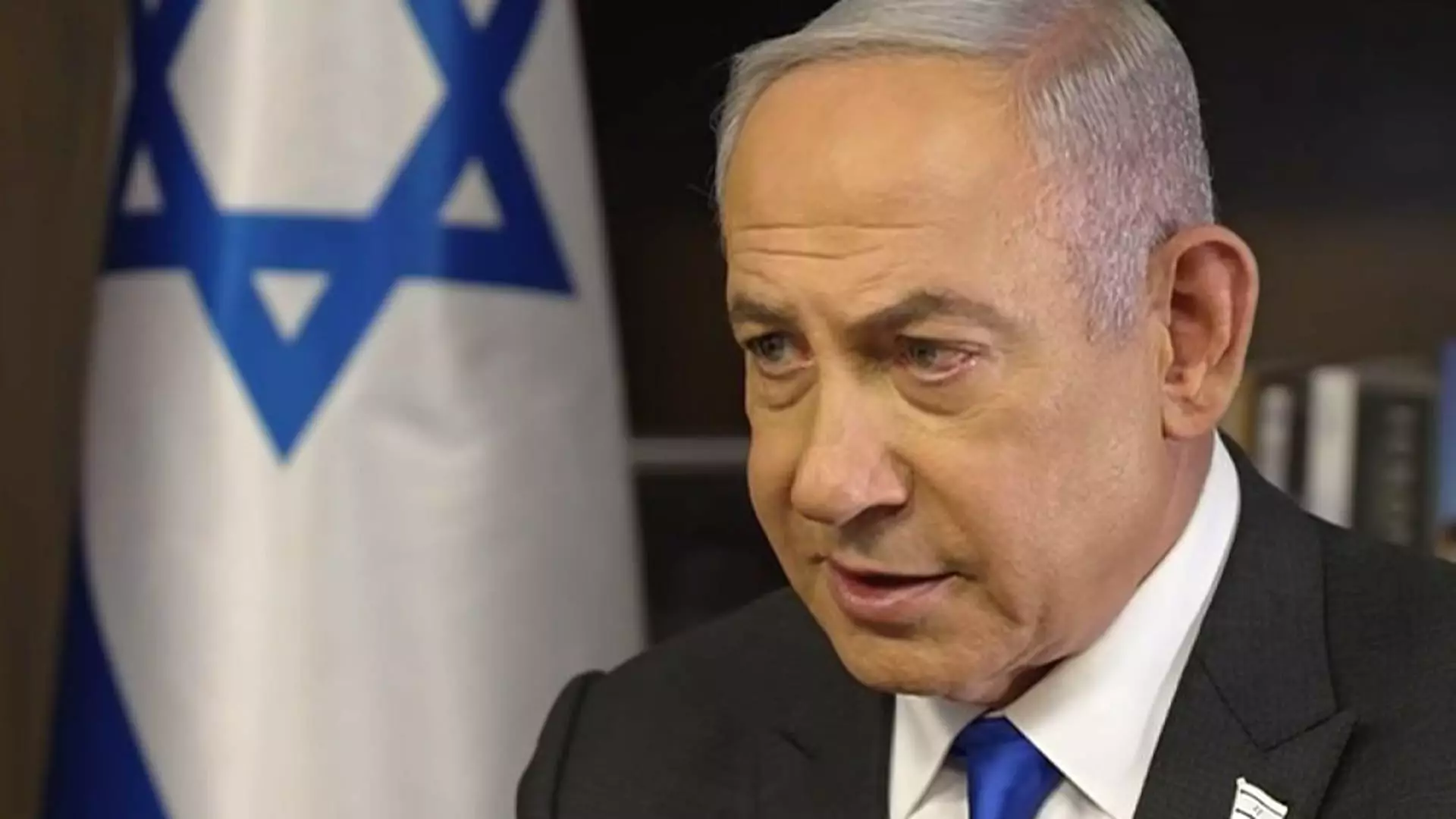Israeli Prime Minister Benjamin Netanyahu recently acknowledged the tensions between Israel and the U.S. regarding the military offensive in Rafah in the Gaza Strip. Despite the disagreements with the U.S., Netanyahu stood firm in his belief that the operation is necessary to ensure Israeli security. In an interview with CNBC’s Sara Eisen, Netanyahu emphasized the importance of taking action to protect the nation’s future, even if it means facing criticism from international allies.
While Israel has maintained that its conflict is solely against Hamas and not aimed at civilians, the U.S. and other nations have expressed concerns about the safety of Palestinian civilians caught in the crossfire of the military offensive. Human rights organizations have highlighted the impact of the campaign on the civilian population in Gaza, pointing to the high number of casualties on both sides of the conflict. The EU’s chief diplomat, Josep Borrell, has called for an immediate end to Israel’s military operation in Rafah, citing the humanitarian crisis unfolding in the region.
U.S. Secretary of State Antony Blinken has stressed that Washington cannot support Israel’s military incursion into Rafah without a credible plan to protect civilians. The U.S. has been in talks with Israeli officials to find a resolution to the conflict that minimizes harm to non-combatants. The ongoing tensions in the region have also complicated efforts to improve relations between Israel and other countries, such as Saudi Arabia, which have been seen as crucial for stability in the Middle East.
The military offensive in Rafah has not only heightened tensions between Israel and its neighbors but has also had ripple effects on global markets. Attacks by Yemen’s Houthi rebels and uncertainties surrounding crude oil supplies from the Middle East have contributed to market volatility. The conflict has also strained relations between Israel and Iran, as well as with Lebanese militant group Hezbollah, creating a complex web of regional conflicts that have far-reaching implications.
The military operation in Rafah presents a multifaceted challenge for Israel and its international partners. While Israel remains resolute in its efforts to combat Hamas, the humanitarian and diplomatic consequences of the conflict cannot be ignored. As the crisis continues to unfold, it is crucial for all parties involved to seek peaceful resolutions that prioritize the safety and well-being of civilians in the region.


Leave a Reply